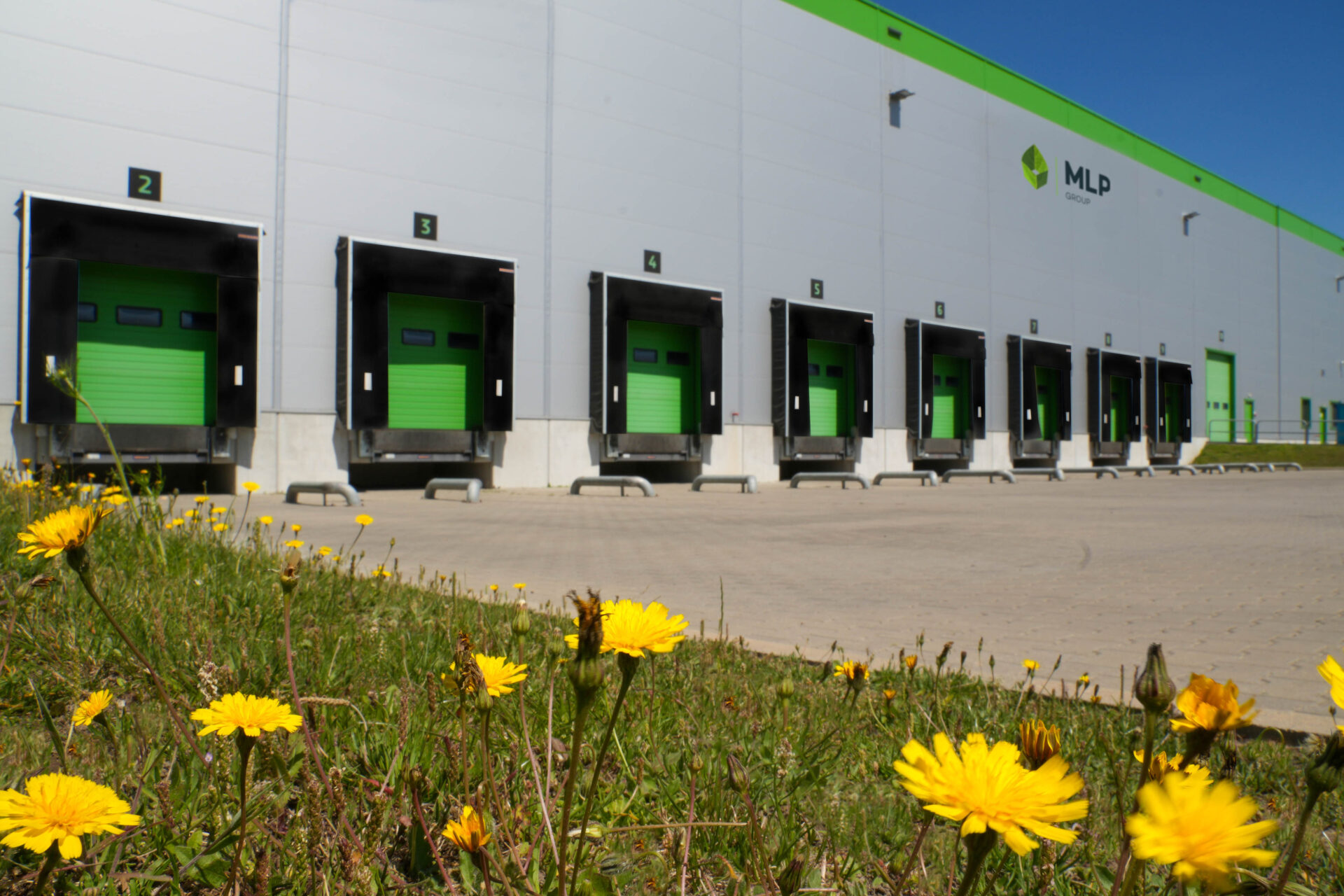Panattoni is extending its operations to the Baltic States, namely Lithuania, Latvia and Estonia. This new initiative is a response to the growing needs of customers for modern industrial solutions such as BTS.
Panattoni is planning to extend its operations to all three Baltic states but is to concentrate particularly on Lithuania. As part of the new strategy, the company intends to unify its cross-border services, which will allow its clients to take advantage of BTS solutions both in Poland and the Baltic states. During the first stage, the work is to be managed from Panattoni’s central office in Warsaw but the creation of a new local office is planned for the future.
“For us, entering the Baltic states is an exciting opportunity to support local economies by supplying modern solutions for logistics and industry. The BTS services Panattoni offers are ideally suited to the current needs of our clients in the region,” says Marek Foryński, Managing Director of Panattoni BTS
The market in the Baltic states is currently characterised by a large number of old buildings and low liquidity in the the industrial real estate investment sector. Investors may also find the banking sector to be a limitation. Despite these challenges, Panattoni sees great growth potential, particularly regarding nearshoring and investments in infrastructure such as the Via Baltica. The region also benefits from the proactive efforts of governments in the Baltic states to attract new investors and promote the growth of their economies.
“We are entering the Baltic states with our BTS services in response to the specific expectations of our clients, who need tailored industrial solutions in this part of Europe. We believe that the opportunity to unify our cross-border services will serve as a useful tool for further growth,” points out Jerzy Kozłowski, BTS Development Director with responsibility for the development of Panattoni’s project in the Baltic states.
Panattoni’s expansion will also be of benefit to local economies as it will result in greater liquidity in the logistics real estate market and will lead to the development of modern industrial facilities. This will be particularly felt when it comes to rentals, which is a model that is currently not particularly popular in this region.







